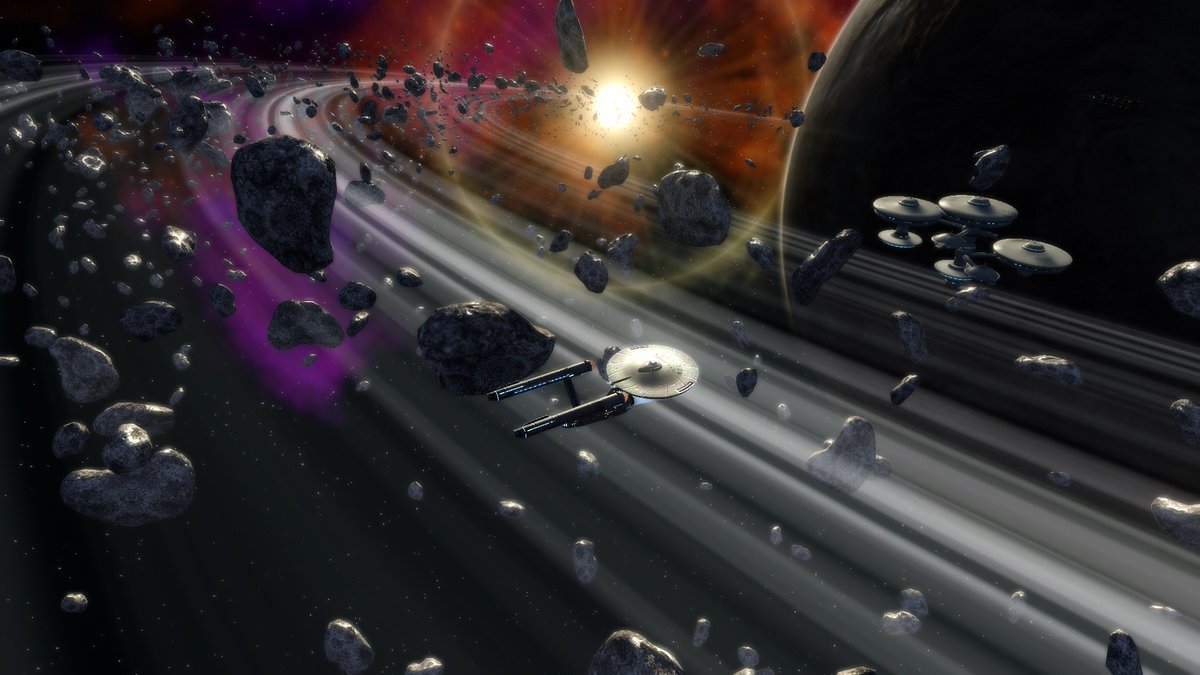
On my prior thread about #cyberpunk, some people asked if you can't just enjoy the aesthetic of cyborgs and neon without the revolutionary elements. The answer is no, so let's explore how the aesthetic of cyberpunk is tied into dystopia and rebellion!
1/
1/

Cyberpunk aesthetics owe some debts to earlier art forms, both from the punk movement and from underground and futuristic art, like that explored in 𝘔𝘦𝘵𝘢𝘭 𝘏𝘶𝘳𝘭𝘢𝘯𝘵. (𝘏𝘦𝘢𝘷𝘺 𝘔𝘦𝘵𝘢𝘭 magazine for yanks.)
2/
2/
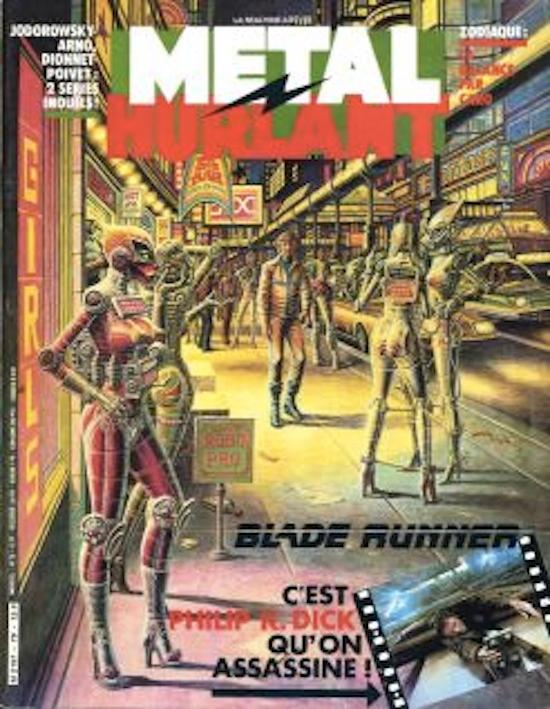
The granddaddy fiction of cyberpunk, 𝘕𝘦𝘶𝘳𝘰𝘮𝘢𝘯𝘤𝘦𝘳, commonly describes the world in its dismal tones, its popping lights, and its toxins and waste. The cyberpunk world is one in which even air is a commodity, because everything's polluted.
3/
3/

Games like 𝘚𝘩𝘢𝘥𝘰𝘸𝘳𝘶𝘯 drew on these inspirations for their own imagery, showing choked cities, crowded open marketplaces, and people with wild ranges of fashion and personalization.
4/
4/
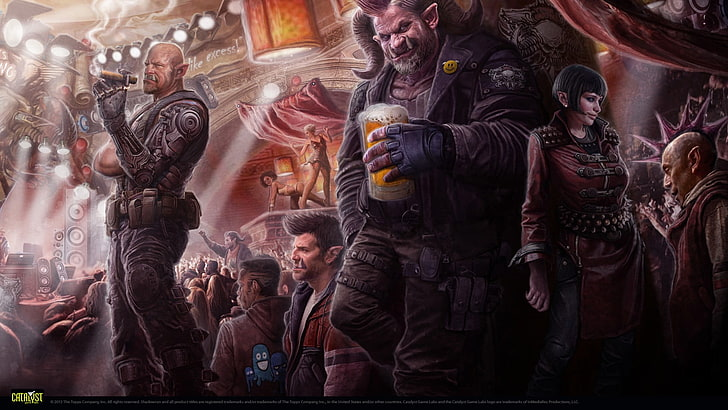
How does a cyberpunk dystopia get there? Well, as I noted before about corporatization and commodification, there's a general collapse of social services and order. Governments are weak or ineffective in many places. Corporations can do whatever they want.
5/
5/

Nobody's enforcing any kind of regulations. Nobody's stopping pollution. Nobody's stopping violence against the downtrodden, keeping the powerful in check, or overseeing the massive redistribution of wealth. Sound familiar?
6/
6/
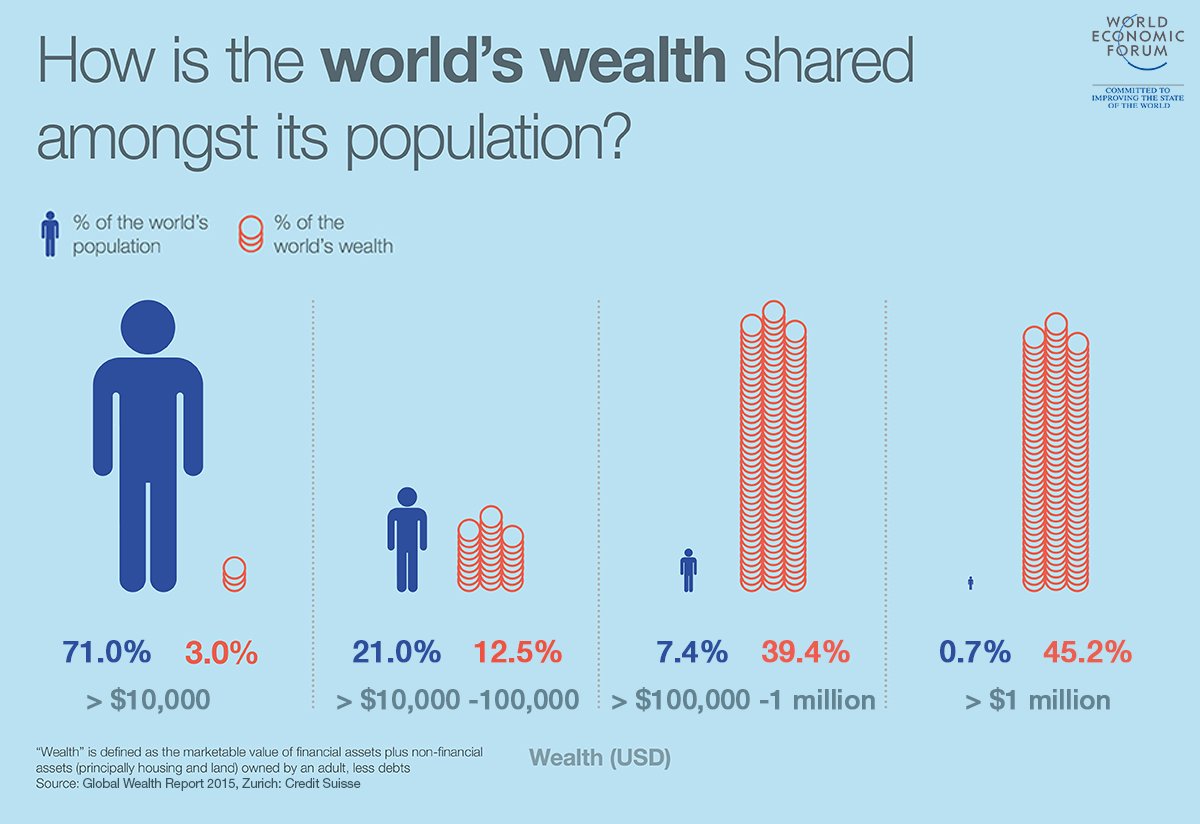
In this unregulated near-future, people have fled to the cities; urban flight is a common phenomenon when rural areas become uninhabitable, whether due to loss of jobs or environmental devastation. So the cities are choked with people of all kinds, trying to eke out a living.
7/
7/
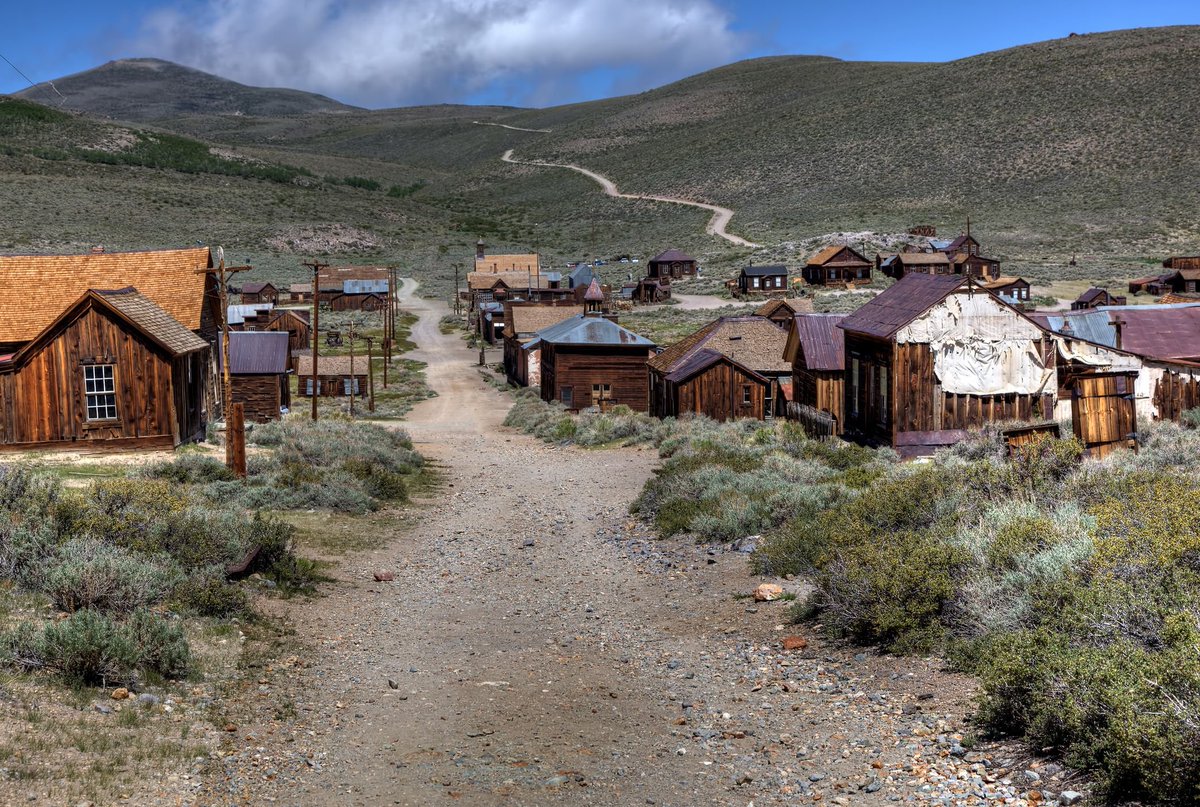
Thus the cities are full of people with different, jarring styles, languages, and fashions. Because nobody's regulating signage or advertising or light pollution, every street at night looks like the glitzy parts of Las Vegas or Hong Kong.
8/
8/

Of course, the wealthy live in isolated enclaves, in clean spaces curated for them, private, minimalist, pleasing to the senses. The divide of wealth is extreme. Common people must hustle every day just to survive.
9/
9/
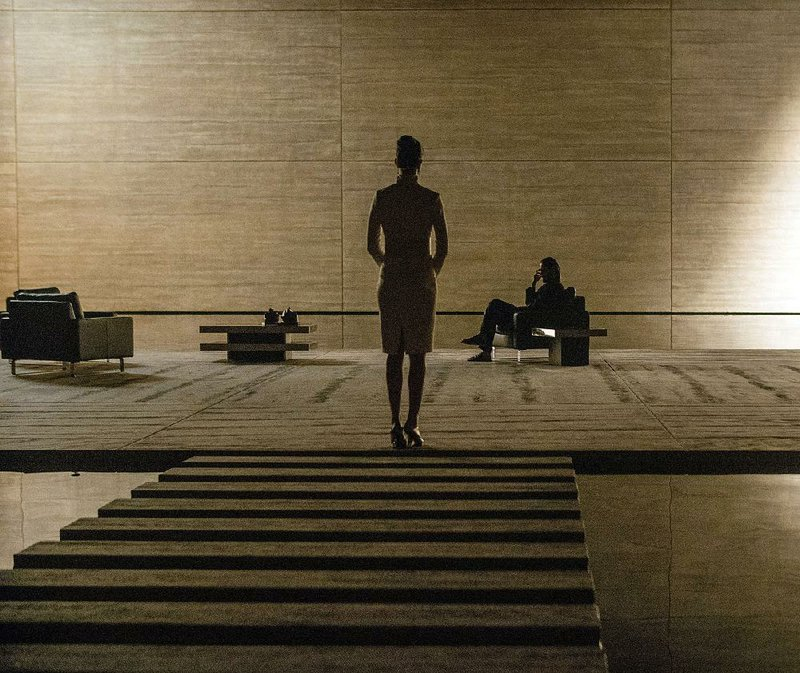
To keep order and protect their property, corporations and the wealthy use private security forces, even armies. There are no police who "protect and serve." Cops aren't answerable to the public. Security exists to shoot you if you get Mr. Johnson's shoes dirty.
10/
10/
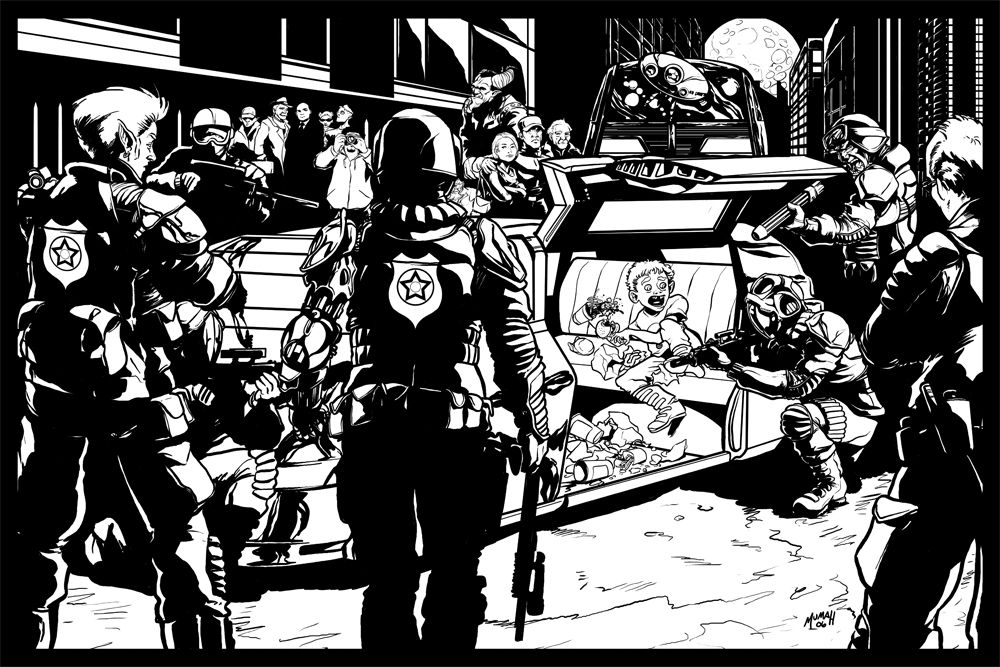
This is the dystopia: Corporations and a few wealthy individuals influence everything. People grow up in a world of artificiality because the natural world is a resource that has been exhausted, or is owned by someone else.
11/
11/

And of course the technology. Cyberpunk aesthetics are full of light, circuits, chrome, & the occasional flying car to remind you that this is the future—a world of technological products, manufactured by automation and flooded into urban markets as flashy, disposable kits.
12/
12/

In such a setting, survival is a revolutionary act. The only way to get by without selling out is to exploit cracks in the system, to reject corporate messaging, and to turn the technology of the oppressor to your advantage.
13/
13/
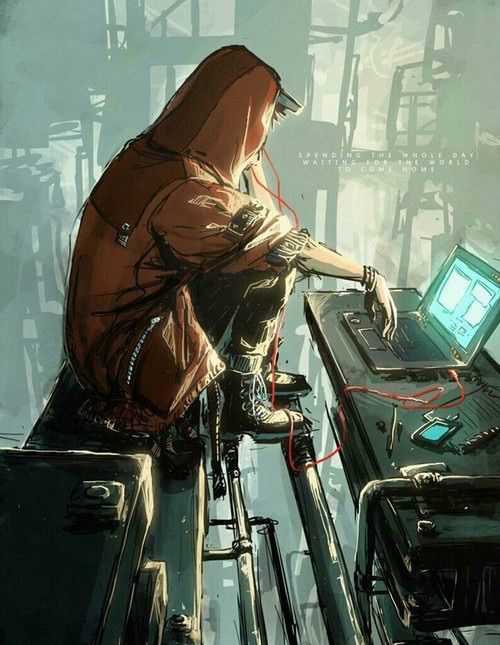
The more marginalized you are, the more rebellious an act your very survival is. You, dear reader, may not be familiar with this phenomenon, but there are definitely people in our world today for whom every day surviving is a triumph against toxic systems and bigots.
14/
14/

So the aesthetics of cyberpunk come from a polluted, industrialized, hyper-commercialized world. Lots of glitz, lots of neon, because attention is a commodity too, and viral fads change in an instant. The body itself is a subject of personal stylistic preferences.
15/
15/
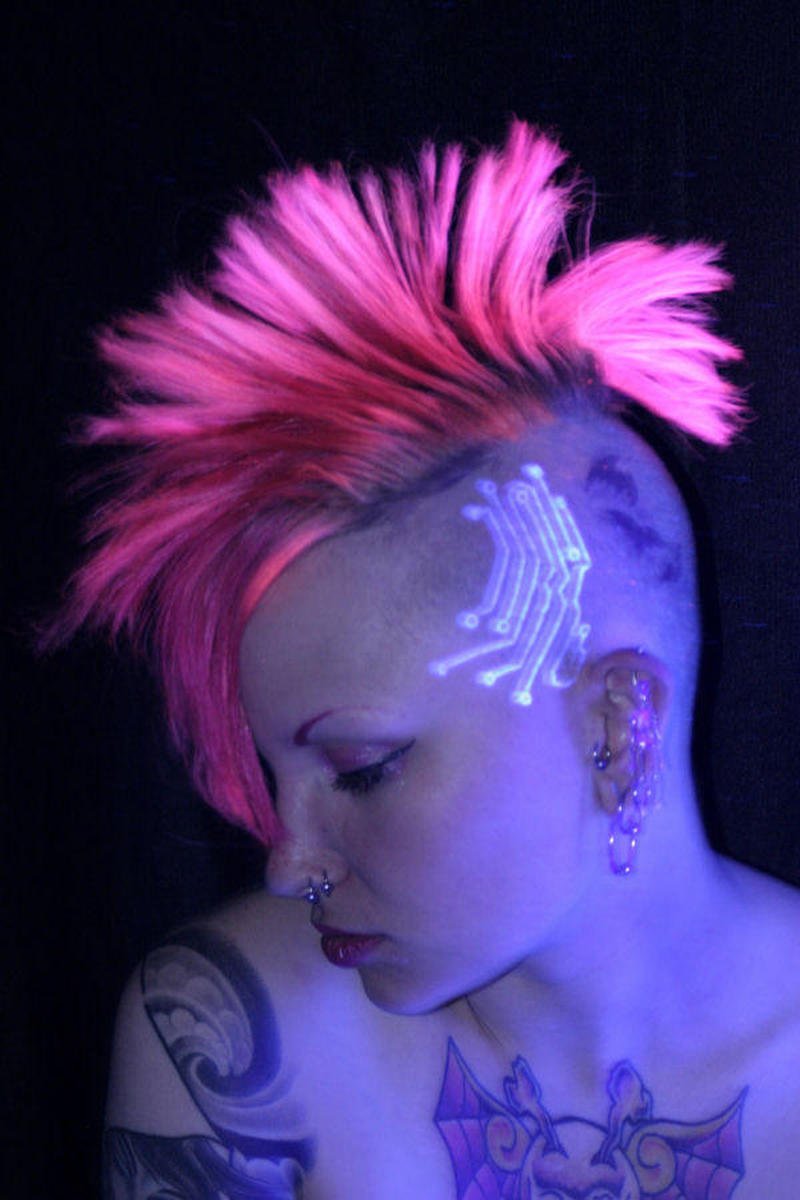
In a cyberpunk dystopia, your style is either rebelling against the system, or conforming to marketed trends. Wealthy people can afford to make their own style, so rebels on the street adapt a do-it-yourself style, kitbashing from recycling and junk.
16/
16/

Even music follows this divide: There's the slick, highly-produced corporate pop, and the rough, indie productions that scream about injustice, revolution, and abuse. (The Rocker is, after all, an archetype of the Cyberpunk RPG, one who pushes people to action via music.)
17/
17/
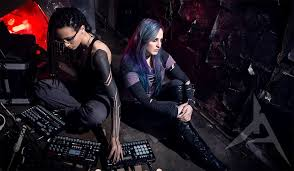
Now given all of this you'd think you'd see more than just straight white dudes in cyberpunk art, but as one commenter put it, "Cyberpunk is white people pretending to be oppressed." It's a class dystopia, one in which if you're poor, you're struggling.
18/
18/
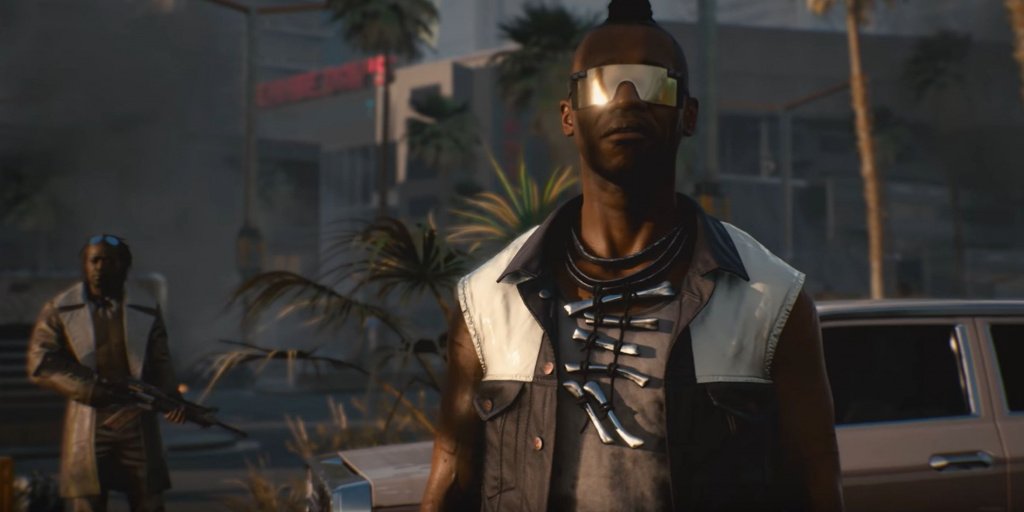
You'd especially expect diversity given that the amazing and talented creator of the Cyberpunk RPG, Mike Pondsmith, is not a white dude. Even he, though, says that cyberpunk is a warning, a cautionary tale, not an aspirational one.
19/
19/
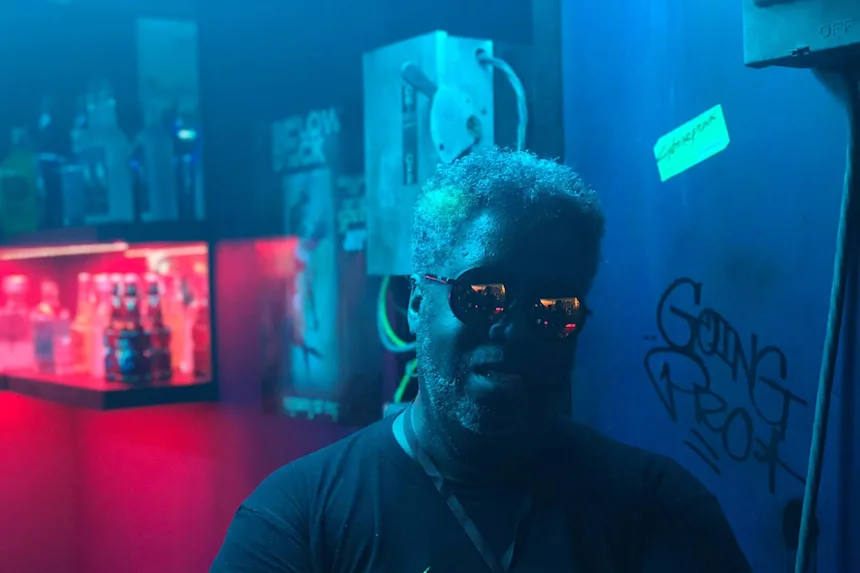
To bring it all home, the aesthetics of the cyberpunk genre reflect its dystopia. In a dystopia, you are trying to survive against an oppressor, and you either do that by rebelling, or by collaborating. The more marginalized you are, the less chance of being a collaborator.
20/
20/

After all, if you're an "outsider," if you don't "fit in," if you're not one of the chosen few, the system doesn't want to work with you. It just wants to stamp you out. But there are so many people that you can find crowds of similar folx, and people who just don't care.
21/
21/
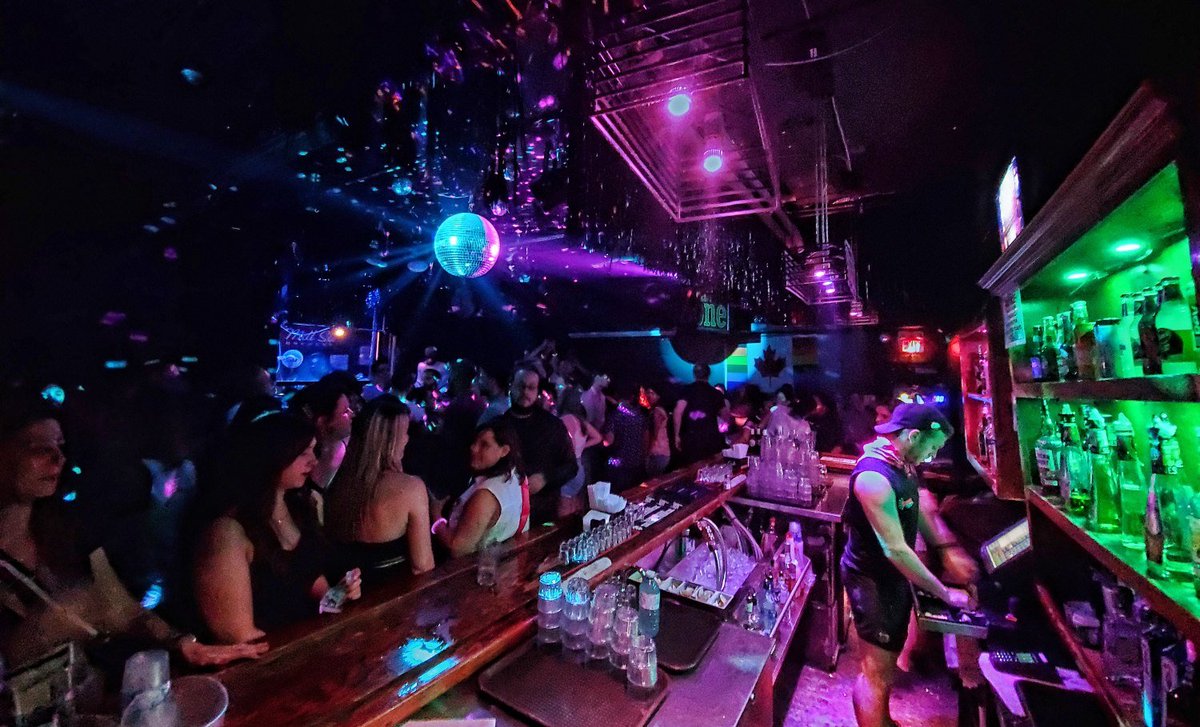
So you can't have the cyberpunk aesthetic without the dystopia, and the only way to have the dystopia without the revolution is to be a collaborator. All that neon and chrome comes with a heavy price, that price being the corporatization of society. As Gibson put it...
22/
22/
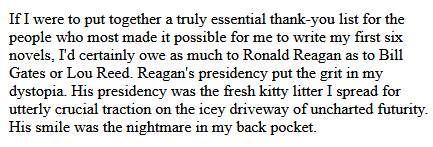
As always, this comes down to the question: Who has the power? How do they use it? In cyberpunk, society is flooded with people trying to get by in techno-nightmare, where advertising algorithms are chasing their last bit of credit. Corporations and oligarchs rule.
23/
23/

Thus: Neon, chrome, shine and glitz to try to draw your momentary attention. Pollution, trash, smog and ruin because nobody is stopping the powerful from hoarding wealth and letting society fall to ruin. And rebels staking out their personal styles as they try to survive.
~Fin~
~Fin~
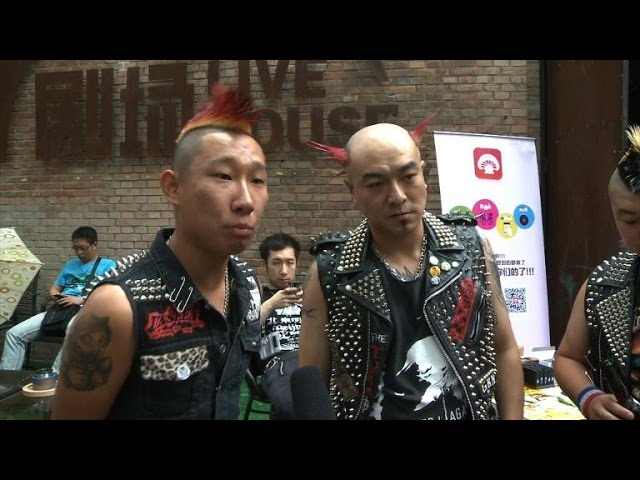
• • •
Missing some Tweet in this thread? You can try to
force a refresh






